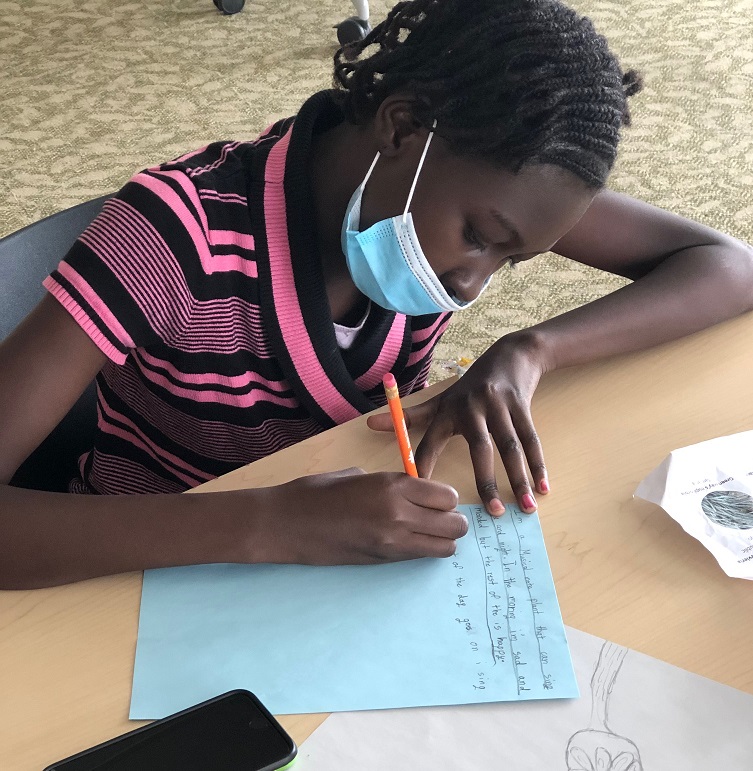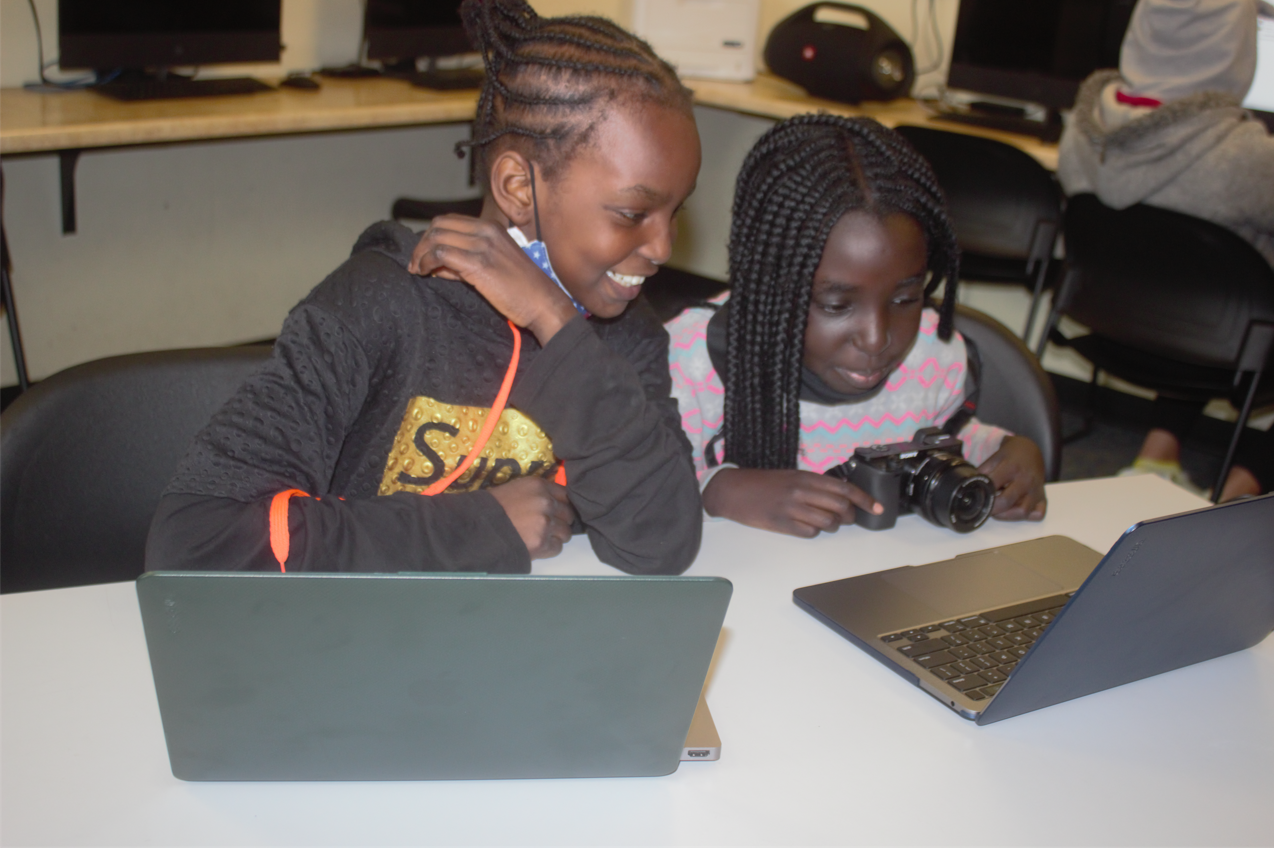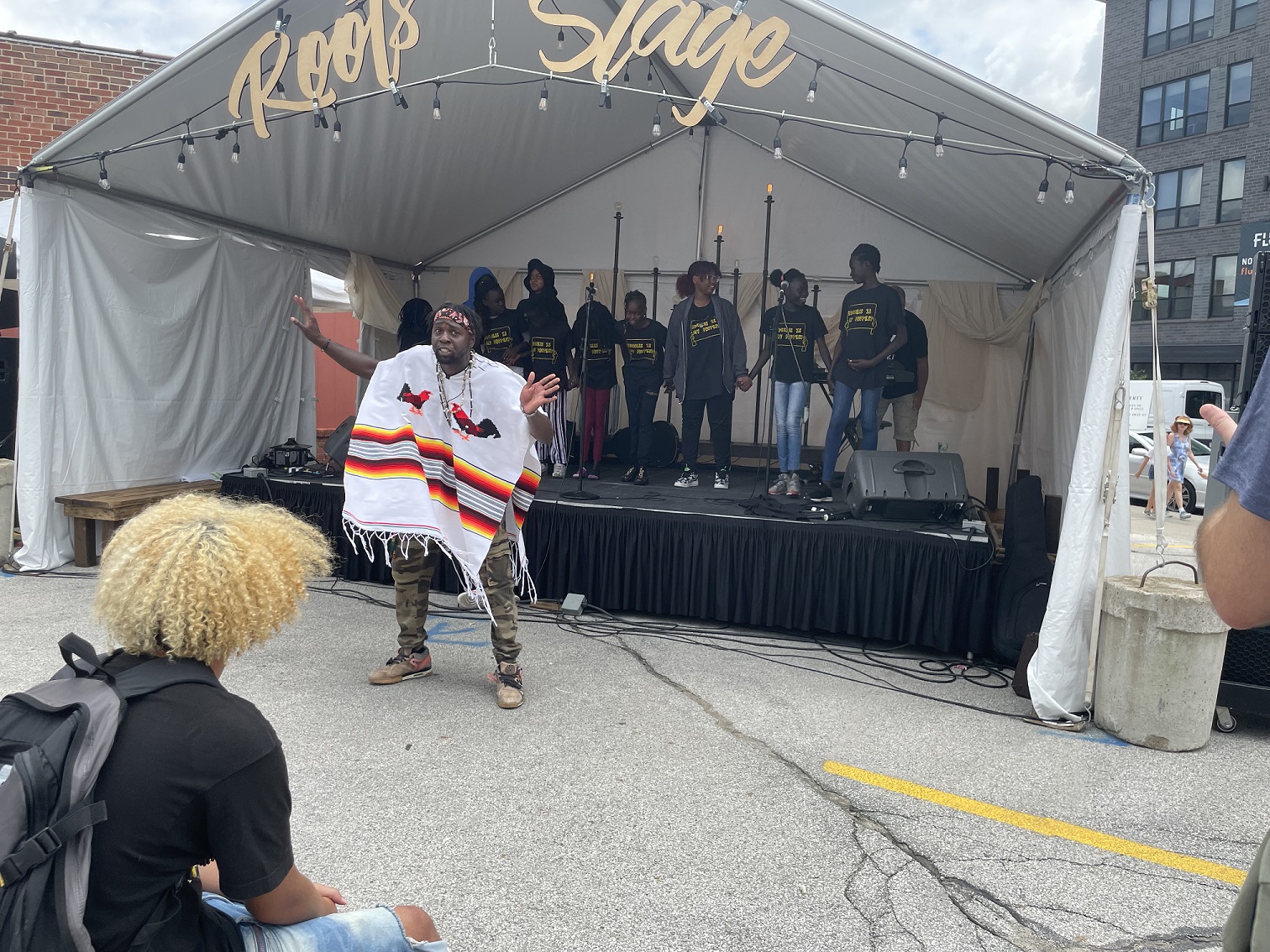2022 All-America City Finalist – Des Moines, IA
 Oakridge Neighborhood, Iowa’s oldest and largest HUD Section 8 housing project, serves Des Moines’s most vulnerable children and families with housing and wraparound services. Residents represent 21 countries and speak 22 languages; 52% are children under 18; and 78% of children live in a single-parent household with an average annual income of $18,608.
Oakridge Neighborhood, Iowa’s oldest and largest HUD Section 8 housing project, serves Des Moines’s most vulnerable children and families with housing and wraparound services. Residents represent 21 countries and speak 22 languages; 52% are children under 18; and 78% of children live in a single-parent household with an average annual income of $18,608.
In 2019, Oakridge reviewed district data, school-level data and data specific to the academic achievement and school attendance of Oakridge students. A needs assessment conducted with students, parents, staff and community partners was used to determine additional academic support and enrichment components for Oakridge’s out-of-school program. This combination of input helped Oakridge redesign its programs supporting the academic needs of 225 K-12 students.
- OASIS (Oakridge Achievers Successful in School, K-5)
- BE REAL (Building and Enhancing Relationships – Enriching Academics and Learning, 6-8)
- SWAGG (Students With A Graduation Goal, 9-12)
Programs
 The Oakridge programs – OASIS, BE REAL and SWAGG – operate five days per week for three to five hours per day during the academic year. Daily schedules include 1.5 hours of differentiated academic support followed by 1.5 hours of high-interest educational enrichment activities. Summer programming operates for 10 weeks with programming daily to include three hours of academic support, meals, and enrichment and social-emotional development activities. Family literacy events and parent engagement programming are held at different frequencies throughout the year. OASIS, BE REAL and SWAGG are managed by a program coordinator who is supported by an education coordinator retained to interface with building administrators, teachers and other staff to ensure all activities are aligned with school-day instruction and focused on the individual and collective needs of students.
The Oakridge programs – OASIS, BE REAL and SWAGG – operate five days per week for three to five hours per day during the academic year. Daily schedules include 1.5 hours of differentiated academic support followed by 1.5 hours of high-interest educational enrichment activities. Summer programming operates for 10 weeks with programming daily to include three hours of academic support, meals, and enrichment and social-emotional development activities. Family literacy events and parent engagement programming are held at different frequencies throughout the year. OASIS, BE REAL and SWAGG are managed by a program coordinator who is supported by an education coordinator retained to interface with building administrators, teachers and other staff to ensure all activities are aligned with school-day instruction and focused on the individual and collective needs of students.
Academics
 Utilizing Des Moines Public Schools (DMPS) academic performance data and the district’s priority performance areas, the Oakridge programs use evidenced-based academic support, educational enrichment, parent engagement and family literacy activities, and focus on improving academic outcomes and performance in the core areas of reading and math. All Oakridge programming is aligned with classroom instruction. Oakridge retains the services of licensed teachers to advance the academic components of the afterschool curriculum, including multiple teachers with an English Language Learner (ELL) endorsement and with licensed teachers retained to provide the academic components of the program. The Scholastic testing methods for reading comprehension are used for students in K-5, and academic supports (tutoring, homework help, and small group instruction) are used to advance the academic needs of student participants.
Utilizing Des Moines Public Schools (DMPS) academic performance data and the district’s priority performance areas, the Oakridge programs use evidenced-based academic support, educational enrichment, parent engagement and family literacy activities, and focus on improving academic outcomes and performance in the core areas of reading and math. All Oakridge programming is aligned with classroom instruction. Oakridge retains the services of licensed teachers to advance the academic components of the afterschool curriculum, including multiple teachers with an English Language Learner (ELL) endorsement and with licensed teachers retained to provide the academic components of the program. The Scholastic testing methods for reading comprehension are used for students in K-5, and academic supports (tutoring, homework help, and small group instruction) are used to advance the academic needs of student participants.
Enrichment
 Valued community partners help support academic programming, provide enrichment opportunities and enhance family engagement components. Enrichment activities encourage the development of skills and interests not fully nurtured during the school day. These activities are incorporated into Oakridge programs and are facilitated by Oakridge Youth Success Navigators and/or community partners. The selection of activities is based on student interest surveys and stakeholder input. Oakridge partners with a variety of arts and culture, health and wellness, and STEM/STEAM partners to provide opportunities for increased access and exposure to fun, stimulating and educational enrichment activities for participants.
Valued community partners help support academic programming, provide enrichment opportunities and enhance family engagement components. Enrichment activities encourage the development of skills and interests not fully nurtured during the school day. These activities are incorporated into Oakridge programs and are facilitated by Oakridge Youth Success Navigators and/or community partners. The selection of activities is based on student interest surveys and stakeholder input. Oakridge partners with a variety of arts and culture, health and wellness, and STEM/STEAM partners to provide opportunities for increased access and exposure to fun, stimulating and educational enrichment activities for participants.
Some Related Posts
Thank You to Our Key Partners



